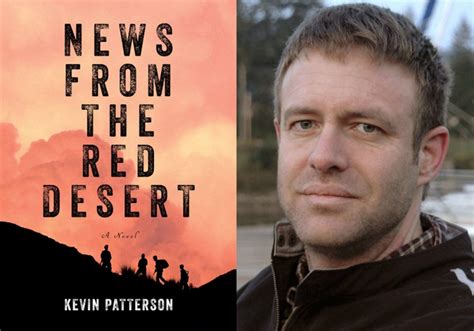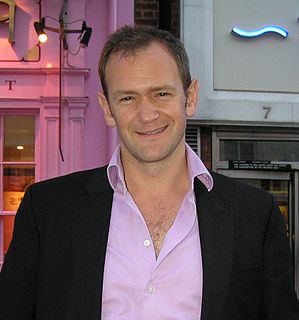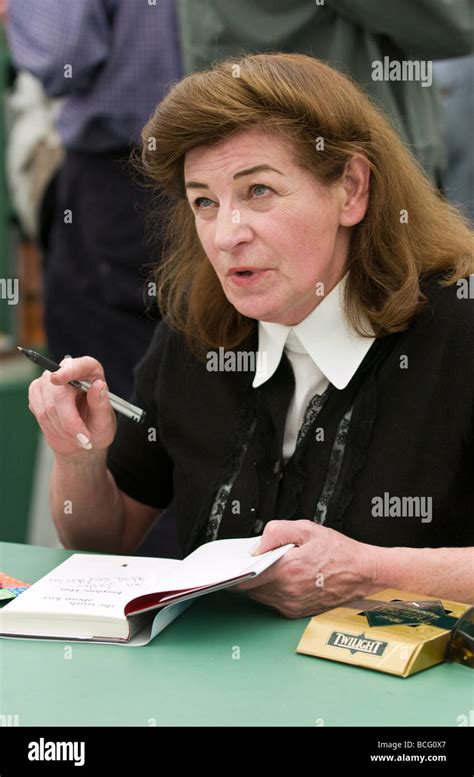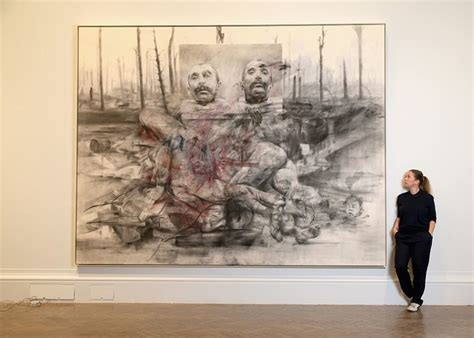A Quote by Kevin Patterson
I like a certain grandeur to a landscape, which both the Arctic and coastal BC have. I like it to be at all times clear that people aren't the dominant fact of a particular geography.
Related Quotes
I've stuck to the same things for twenty years. I try to look like a slightly edgy geography teacher. Like what a geography teacher looked like when I was in school. Cords, sensible shoes and glasses. I never liked geography much as a subject though. In fact the only geography teacher I can remember from school was a woman who had a moustache.
The close relationships between the abrupt ups and downs of solar activity and of temperature that I have identified occur locally in coastal Greenland; regionally in the Arctic Pacific and north Atlantic; and hemispherically for the whole circum-Arctic, suggesting that changes in solar activity drive Arctic and perhaps even global climate.
I don't put a very clear label on my work. If anything, I write science fiction - looking at a moment now, in the present, and then extrapolating outward to think about what the future might look like if this particular trend goes on, or if this particular trend is the most dominant. That's a science fictional tool.
Landscape pictures can offer us, I think, three verities: geography, autobiography, and metaphor. Geography is, if taken alone, sometimes boring, autobiography is frequently trivial, and metaphor can be dubious. But taken together, as in the best work of people like Alfred Stieglitz and Edward Weston, the three kinds of information strengthen each other and reinforce what we all work to keep intact - the affection for life.
Jose Ortega y Gasset says, "Tell me the landscape in which you live, and I will tell you who you are." Asserting that character/community is formed, at least in part, by the physical landscape in which he/she resides. And this is underscored by the fact - and not all that long ago - that people and place were, in fact, synonymous: Sapho of Lesbos, for example. Or my middle namesake, Saint Francis of Assisi. Jesus of Nazareth.
What's your story? It's all in the telling. Stories are compasses and architecture; we navigate by them, and to be without a story is to be lost in the vastness of world that spreads in all directions like arctic tundra or sea ice. To love someone is to put yourself in their place, we say, which is to put yourself in their story, or figure out how to tell yourself their story. Which means that a place is a story, and stories are geography, and empathy is first of all an act of imagination, a storyteller's art, and then a way of traveling from here to there.
John Hall, my geography teacher at school inspired me to a lifelong interest in geography and a curiosity about our world which has stayed with me through my life. Geography is a living, breathing subject, constantly adapting itself to change. It is dynamic and relevant. For me geography is a great adventure with a purpose.






































